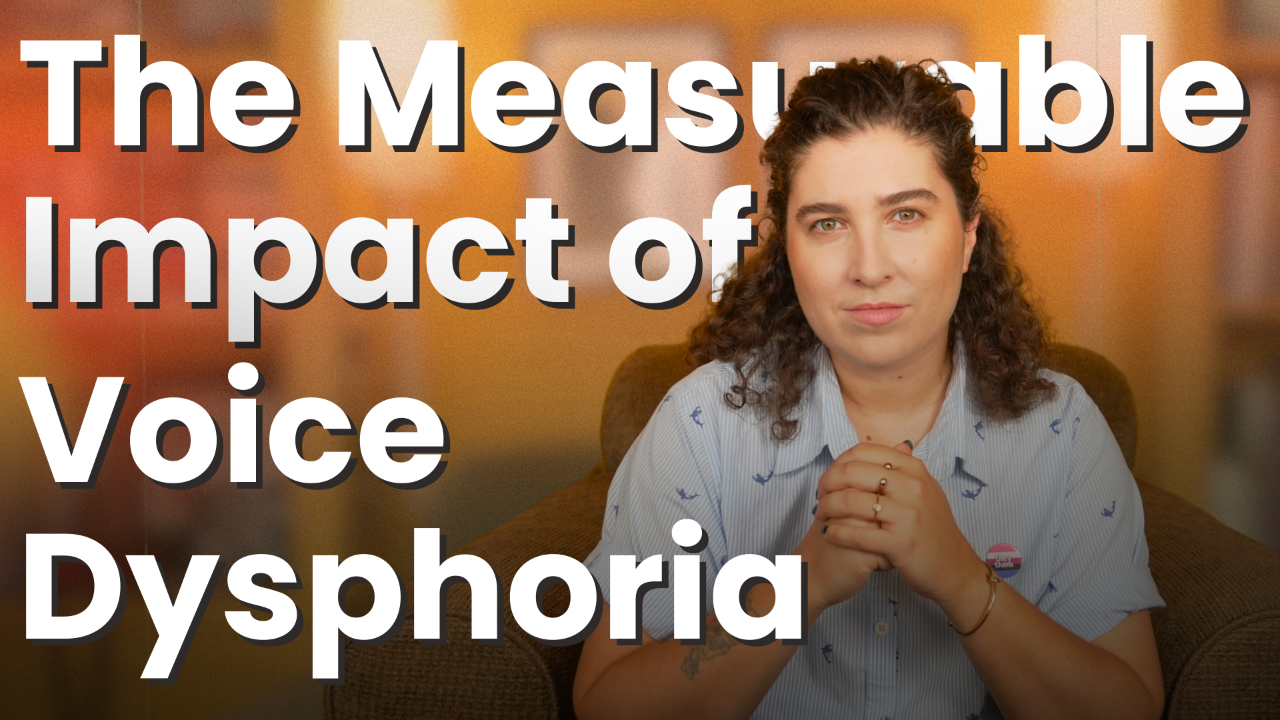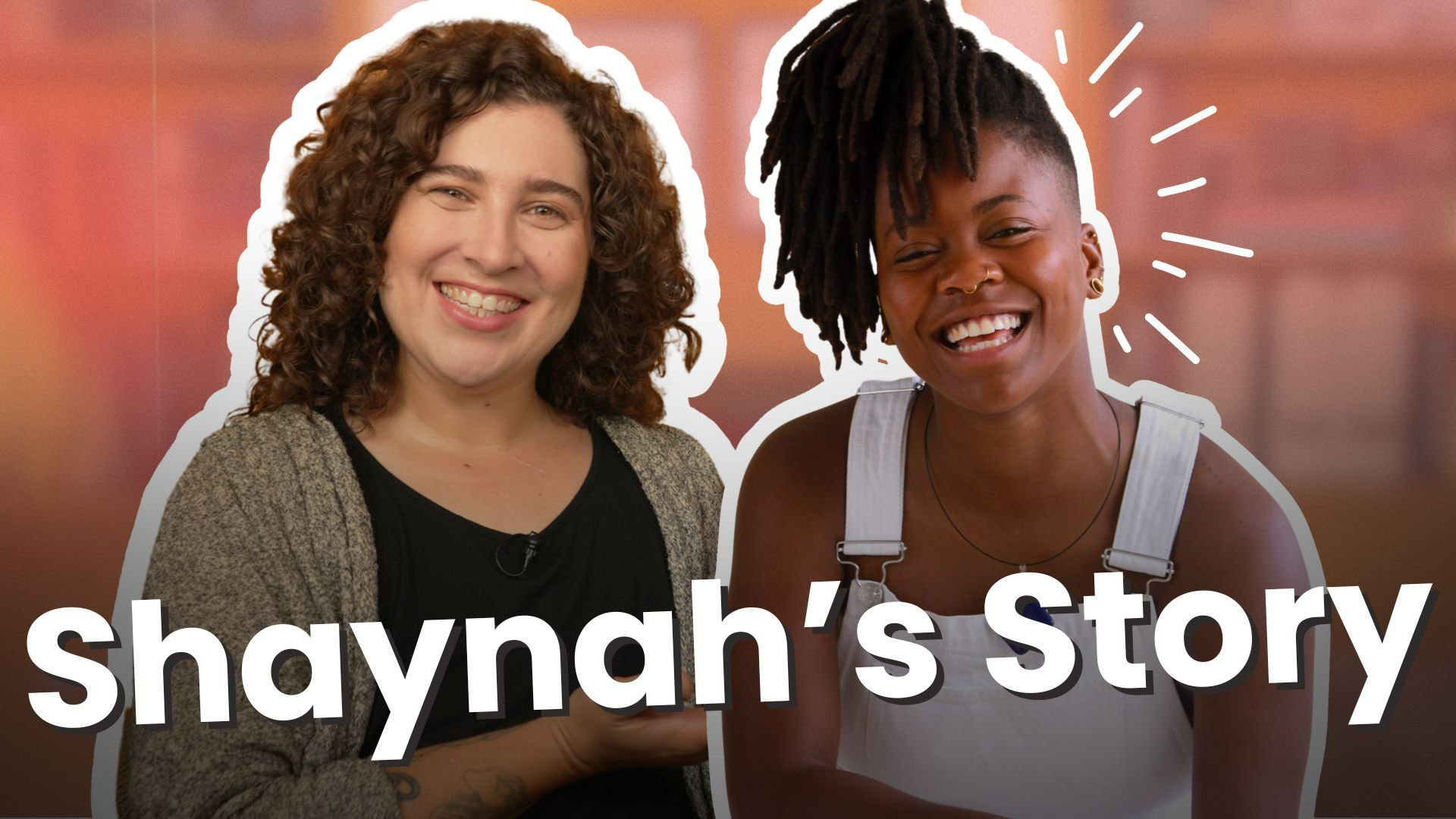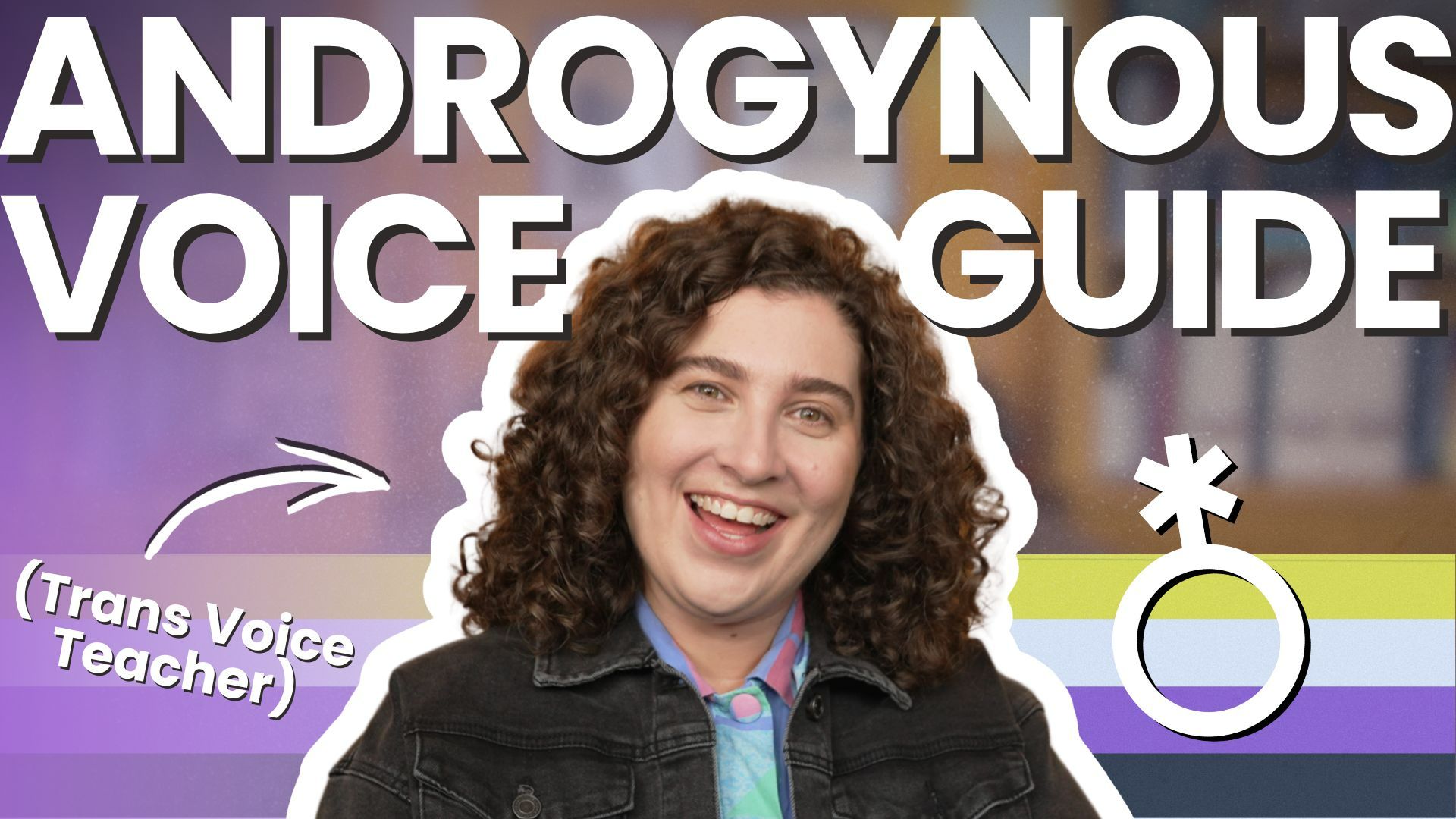Understanding the Concept of "Target Voice"
Nov 06, 2023
Hey there, it’s Rénee! If you've been following my videos, you might have heard me talk about something called the "target voice." But what does that really mean?
Let's dive into this concept together.
The target voice isn't just a term I throw around—it's a significant idea in the realm of gender-affirming voice teaching. Essentially, it refers to the voice you're aiming to create, a voice that resonates with your ideal gender presentation and brings about that feeling of gender euphoria.
You see, as a gender-affirming voice teacher, I've encountered various terms to describe this transition in voice. However, I found the terms "old voice" and "new voice," or even "true voice," somewhat limiting. They didn’t feel right to me, and here’s why.
First off, I believe that altering your voice is a personal choice. It’s not a necessity for everyone. For instance, if a trans woman chooses not to change her voice, that doesn’t invalidate her authenticity. The voice she uses is just as genuine and real as any other; it’s an extension of her identity.
Your voice is an incredibly personal aspect of who you are. It's the instrument through which you express yourself to the world. I firmly believe that whatever voice you decide to share with the world is, without a doubt, your true and authentic voice. It’s your choice, your freedom to decide how you present yourself to the world. It also may represent your authentic circumstances. If you can't modify your voice right because of lack of access to resources or support, that doesn't mean you're moving trough the world inauthentically.
Instead of sticking to the limiting labels, I've introduced the term "target voice." To me, it’s a more neutral and welcoming phrase. It encapsulates the idea of aiming for a specific voice that resonates with your identity. However, I’m always open to hearing how others refer to this in their journey. Everyone's experience is unique, and their choice of words might better reflect their narrative.
The term "habituated voice" refers to the voice you start with, the one you've grown accustomed to. This distinction helps in acknowledging the journey without attaching any negative connotations. Your habituated voice is where you begin. It refers to the voice that you first learned, which is to say that the voice you're starting with is not any more "real" than your target voice. All voices are learned behaviour.
I advocate for the freedom to modify your voice if that's what you desire. It’s a personal journey, a process of self-discovery, and it’s essential to respect everyone's individual path. We’re all different, and our experiences and choices are equally valid.
My goal is not to push for change but to encourage exploration and self-acceptance. There's beauty in diversity, and that includes the way we express ourselves through our voices.
Understanding the concept of the target voice is not just about altering speech patterns or pitch. It's about finding a voice that reflects your inner identity and brings you a sense of contentment and euphoria.
So, why do I use the terms "habituated voice" and "target voice"? Because I want to promote a positive and inclusive approach to voice transition, and create more space for a variety of transition stories.
Ultimately, your voice is your own. It’s your personal story, a narrative that you shape and share with the world. It’s not about conforming but about embracing who you are, confidently and unapologetically.
I hope this sheds light on the meaning behind these terms and why I advocate for a more inclusive and positive narrative in the journey of finding and expressing a voice that you love.
Remember, your voice, in all its unique glory, is valid, appreciated, and respected. Let’s celebrate the beauty in our diversity and individuality.
Till next time,
Renée
Want weekly tips, resources, and insights on trans voice training? Sign up for my newsletter and get the latest content delivered straight to your inbox. It's free!









